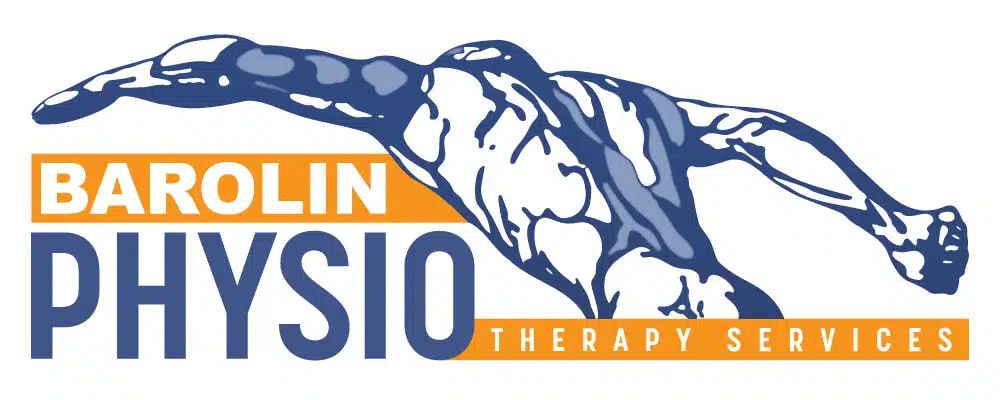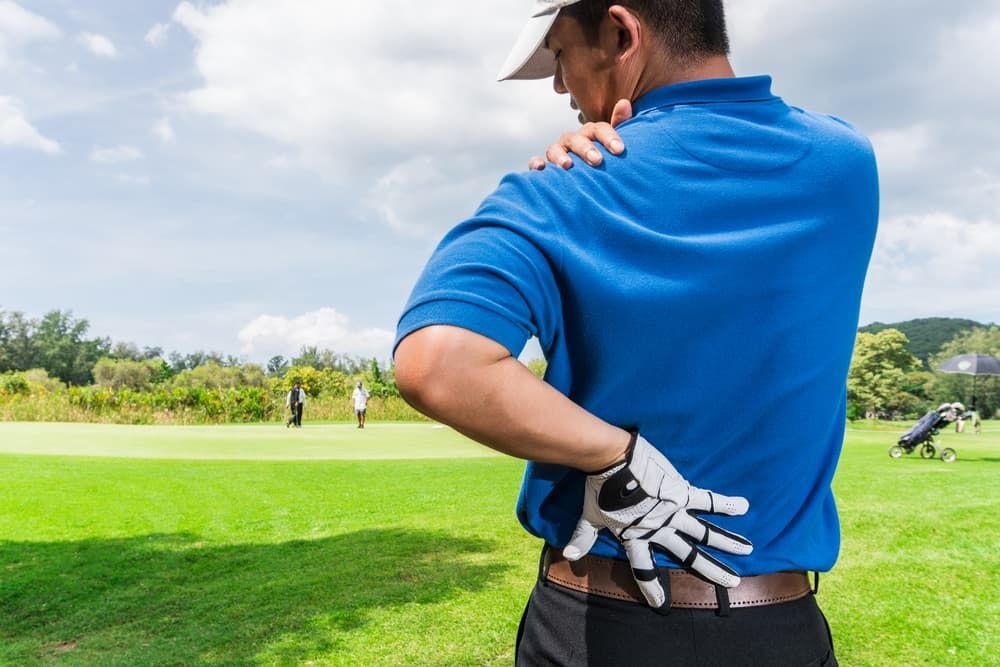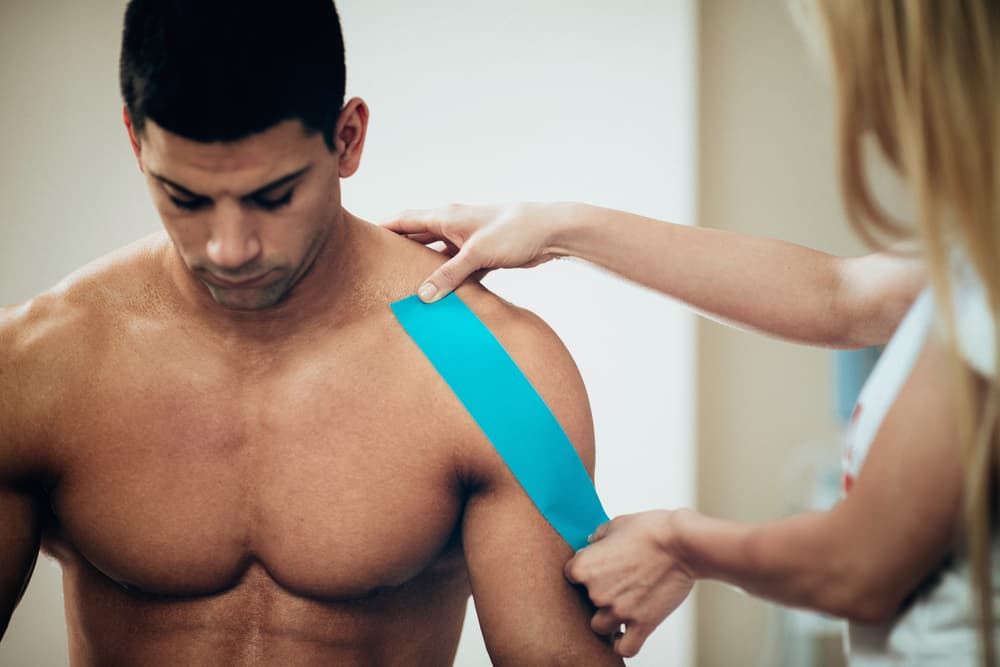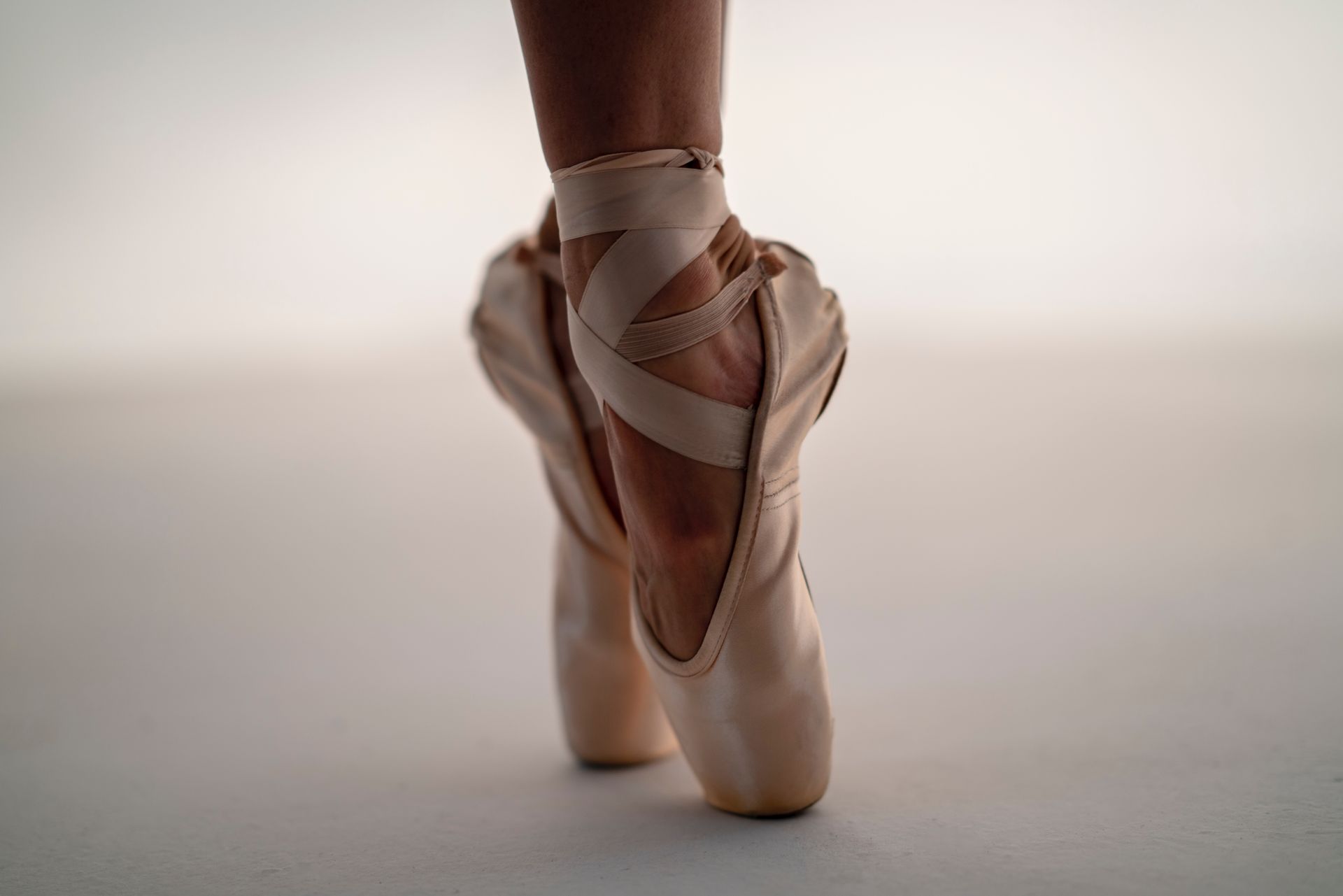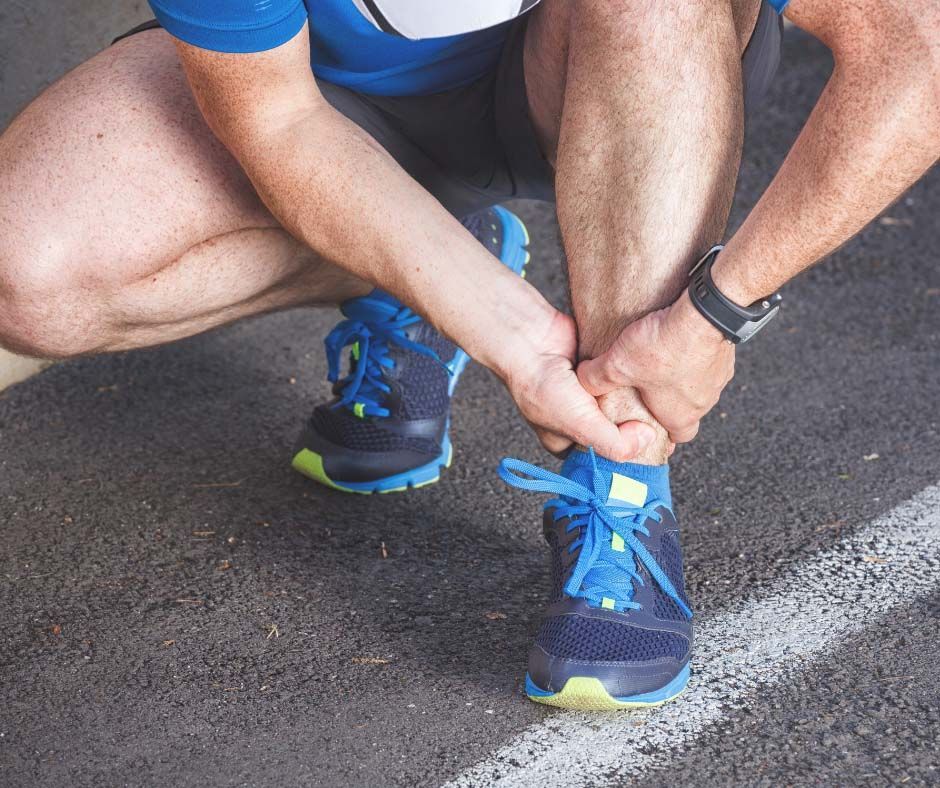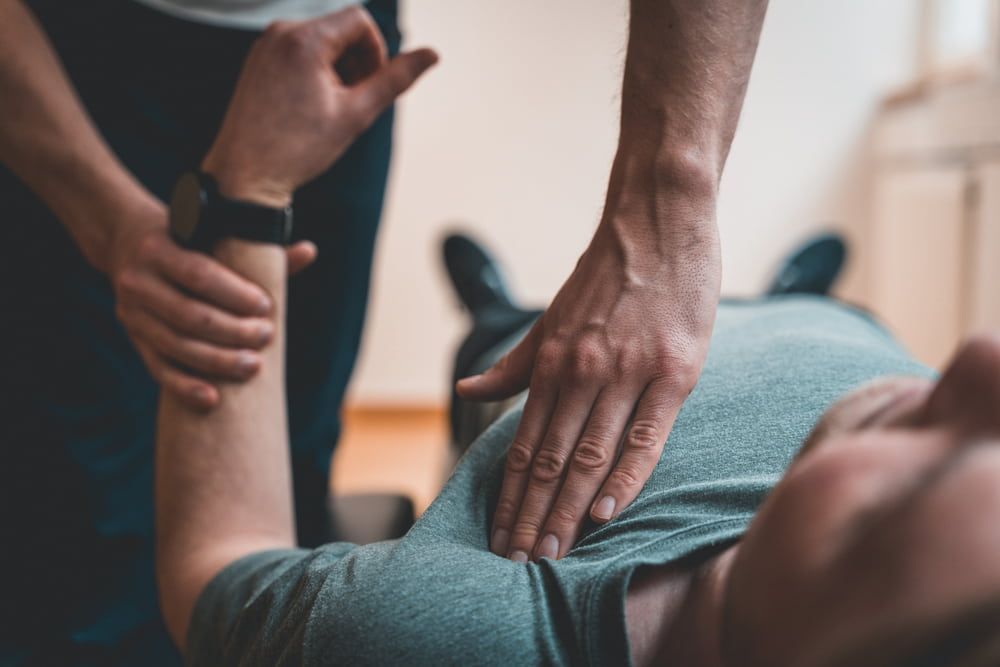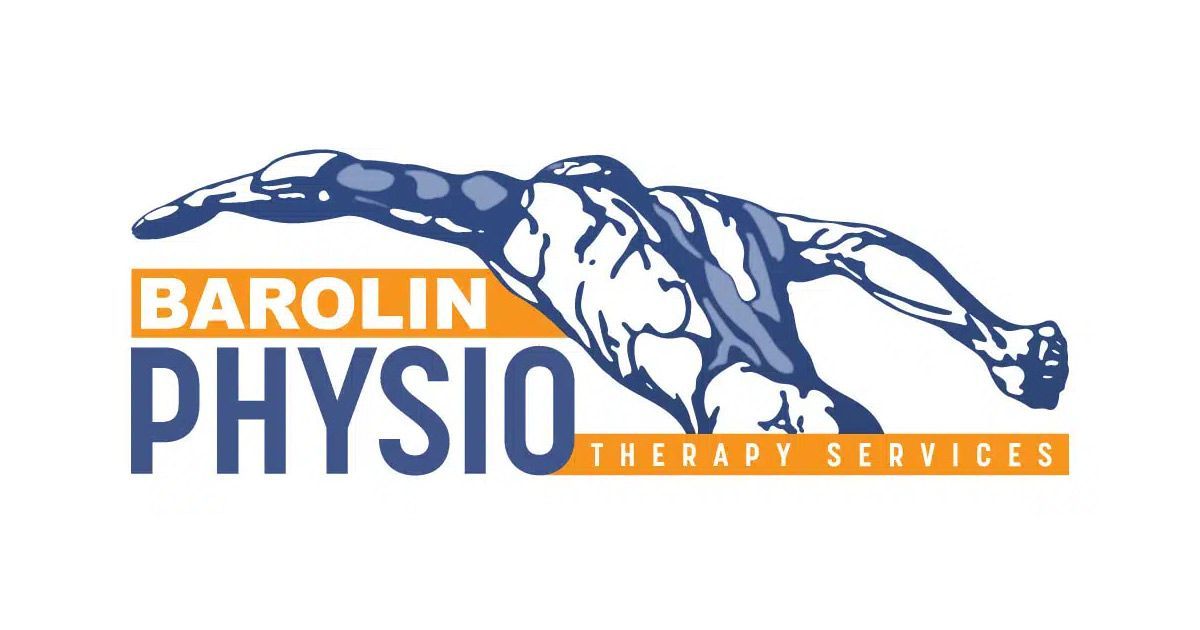Sports Physiotherapy Bundaberg
Sports Physiotherapy Services
Are you annoyed that your injury prevents you from working out? Or do you need specialised assistance with strength and conditioning to reach your optimal performance? Sports physiotherapy therapy may be the solution! Sports physiotherapy includes rehabilitation of sport related injuries and the prevention of activity related injuries. Our staff of highly skilled and experienced physiotherapists use a variety of manual therapy, exercise prescription and education to help you recover from injuries, prevent future injuries and enhance your performance. Keith, our Senior Physiotherapist, has a Masters in Sports Physiotherapy and therefore has a wide variety of experience in sports coverage and exercise physiology.
Our physiotherapists can assist you in reaching your goals, whether you're new to gym, a professional athlete or recreational runner. We provide a comprehensive range of service, such as manual therapy, exercise recommendations, return to sport management, injury assessment and diagnosis. To guarantee that you receive the most thorough and efficient care possible, we also collaborate closely with other medical specialists, including physicians, and sports medicine specialists.
Contact Barolin Physiotherapy Services in Bundaberg on (07) 4153 4333
Types of Sports Injuries
Common sports injuries include:
- Shin splints: Pain along the shinbone, often due to overuse or improper footwear. Treatment usually involves rest, ice and specific exercises.
- Stress fractures: Tiny cracks in bones caused by repetitive force. Managed through rest and sometimes bracing or surgery.
- ACL tears & strains: Injuries to the knee's anterior cruciate ligament, common in sports with sudden stops.
- Tennis or golf elbow: Tendinitis caused by repetitive wrist and arm motions. Treatment involves rest, anti-inflammatories and targeted exercises.
- Surgery rehabilitation: Recovery involves mobility exercises and strength training, often facilitated by physiotherapy.
- Achilles, patella & other tendon injuries: Injuries like Achilles or patella tendinitis result from overuse or intense activity. Treatment involves rest, ice and possibly injections or surgery.
- Knee, ankle, finger, shoulder & other joint sprains: Overstretched ligaments in joints like the knee or ankle. Usually treated with the RICE method (Rest, Ice, Compression, Elevation).
- Hamstring, quadricep, calf, bicep & other muscle strains: Tears in muscle fibres commonly in the legs and arms. Treatment is similar to sprains, using the RICE method and physiotherapy.
Kids in Sport
Young athletes are the future of sport in our country. Kids and teenagers have a whole different set of concerns that we need to be aware of as their bodies grow and develop. When they are active and growing, injuries can occur and should be addressed as soon as possible. They are not just going through “growing pains”. Keith has a special interest in assessing, diagnosing and treating adolescents in sport.
Treatment for Sports Injuries
Your treatment plan will depend on your injury, its severity and your lifestyle. We may use rehabilitation or mobility exercises, taping, hands-on techniques such as massage or a combination of each. Here's what you can expect:
Rehabilitation or Mobility Exercises
These exercises aim to restore your normal range of motion, strengthen weakened muscles and improve overall function. Whether it's balance exercises for ankle sprains or specific movements for shoulder injuries, these exercises are tailored to your needs.
Taping Techniques
Taping is often used to provide stability to an injured joint or muscle. It can help align bones and muscles in their proper positions, reducing pain and aiding in the healing process. This technique can be particularly beneficial for athletes who are returning to sport or for individuals who need added support in their daily activities.
Hands-On Techniques
Hands-on techniques like massage, joint mobilisation and manual stretching can offer immediate relief from pain and tension. These methods help improve blood circulation, reduce muscle tightness and enhance the mobility of joints and muscles.
Combination Treatments
In many cases, a multi-faceted approach yields the best results. We may combine rehabilitation exercises with taping and hands-on techniques to address the injury from multiple angles.
Why Choose Barolin Physiotherapy Services for Sports Physiotherapy in Bundaberg?
Choosing a sports physiotherapist in Bundaberg with experience in sports-related injuries and recovery strategies is important for effective injury management and prevention. At Barolin Physiotherapy Services, we provide sports physiotherapy in Bundaberg that caters to athletes’ needs:
- Comprehensive Services: Treatments include manual therapy, tailored exercise routines, injury assessments, and structured plans for returning to sport.
- Personalised Care: Treatment plans are designed to suit the specific requirements of individuals, addressing particular injuries and objectives.
- Collaborative Approach: Collaboration with other healthcare professionals, including physicians and sports medicine experts, allows for a broader perspective on care.
- Support for Youth Athletes: Services include the assessment, diagnosis, and treatment of sports-related concerns in younger athletes, considering the demands of growing bodies.
We provide a range of physiotherapy services to support recovery, improve athletic performance, and reduce the risk of recurring injuries.
Pre Pointe Assessments
At Barolin Physiotherapy Services, we understand the unique demands of ballet and the importance of a safe and successful transition to pointe work. Our pre-pointe assessments are designed to evaluate a dancer's readiness to commence training en pointe.
During the initial pre-pointe assessment, our therapists take the time to get to know you and your journey. We delve into your training history, previous injuries, as well as conduct measurements to assess pointe range, calf length and more. We also evaluate intrinsic foot and calf strength, pelvic/core control and overall ballet technique.
The goal of this assessment is to help you prepare for future success while minimising the risk of injury. Understanding your body and addressing any weaknesses before beginning pointe work can lead to a safer and more enjoyable pointe training experience. Let us be a part of your journey towards the perfect en pointe performance.
Rehabilitation & Return to Sport Management
Sports physiotherapists not only treat injuries but also have a significant impact in preventing injuries. They are able to evaluate the mechanics and patterns of movement and provide appropriate strength and conditioning exercise and management to enhance overall performance.
Numerous body areas, including the ankle, knee, shoulder, elbow, wrist and back, are susceptible to sports-related injuries. Usually, they are caused by an indirect force such as a twist, sprain, strain or tear—or a direct hit such as a bruise or contusion. Stress fractures, shin splints and tendinopathies can also be brought on by overuse.
After a sports injury, it's crucial to start physiotherapy as soon as possible to minimise inflammation and begin the healing process. It is essential to regain strength, coordination, endurance and balance before returning to sport. You may face the risk of re-injury and further time off if you return to sports too soon.
Don’t let your injuries hold you back from the exercise and sport you love. Make an appointment by getting in touch with us today to start the process of returning to the sport.



